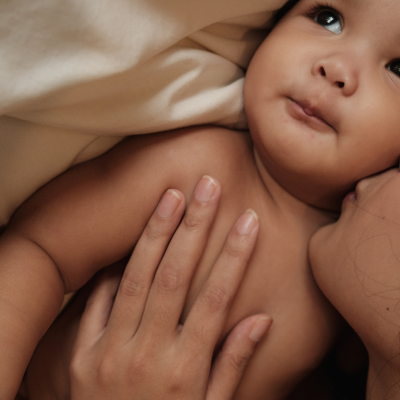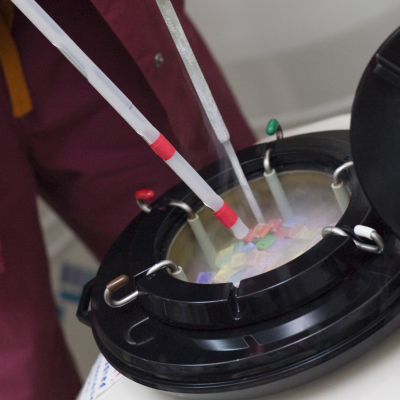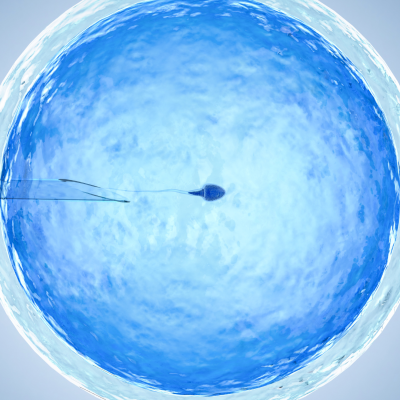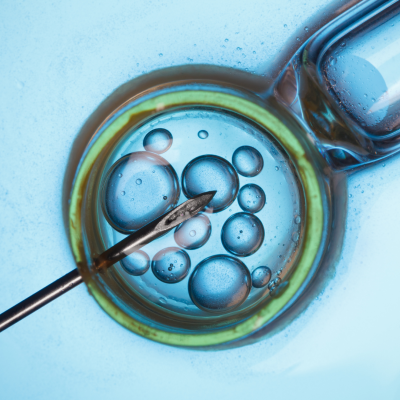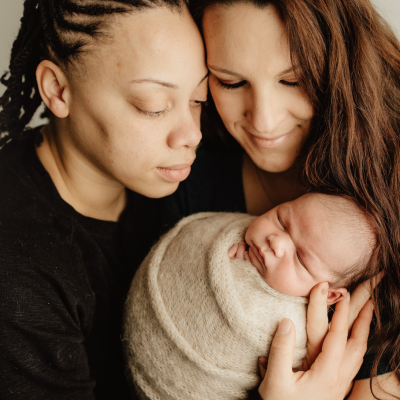Egg Freezing in Los Angeles
Egg freezing is the leading fertility preserving treatment. For women who wish to postpone family building without risking a loss of their eggs as they age, egg freezing is the treatment of choice. Through expert customized ovarian stimulation protocols, Dr. Mor has successfully performed egg freezing for many women across the greater Los Angeles area, in a simple and safe assisted reproductive technique.
Who should freeze their eggs?
Originally this technology was intended for reproductive aged women diagnosed with cancers who wanted to preserve their fertility prior to aggressive chemotherapy or radiation treatment that could destroy their eggs stored in the ovaries.
But now it’s available to all women!
There are many reasons women choose egg freezing, whether they have a demanding career or they don’t have a significant partner.
Some women come in knowing they want to have a large family and with more and more women having their first child later in life, it makes sense to bank some eggs for the potential baby #2 or #3.
Egg freezing provides that insurance so you don’t need to settle or rush to make a life altering decision right now. So even if you are not sure whether to have children, egg freezing gives you a choice in the future.
Why should I consider freezing my eggs?
Unfortunately, women are born with a limited number of eggs, and we don’t generate new eggs, this is what we call the “ovarian reserve”. As a woman ages, the egg quantity and quality diminishes.
At what age should I freeze my eggs?
Peak fecundability (the likelihood of conceiving per given month of trying) is reached around age 30 and gradually decreases with an accelerated decline after age 35-37. One reason is the number of eggs begin to decline more rapidly. Chromosomal abnormalities also start to increase after age 35 so miscarriages are also more common. So not only is it harder to get pregnant it’s harder to stay pregnant.
Women should consider freezing eggs between the ages of 30-37 to take advantage of the healthiest batch of eggs.
For younger women or women unsure if they want to proceed with egg freezing, they can still come in for a thorough medical evaluation and to check their ovarian reserve. With this knowledge at hand it may be easier to make a decision to wait another year or to go ahead and start an egg freeze cycle. The most important thing is to have an individualized plan that works for you.
For older women, individualized tailored treatment is very important. It’s possible you may need more than one cycle to freeze sufficient eggs to have a successful chance in the future.
Sometimes after our discussion a woman will decide to pivot from egg banking and want to conceive. If that’s the case we are more than willing to help you achieve that goal!
What does the process involve?
After your initial consultation and work up, with your upcoming menses we start hormone injections. The medications are meant to stimulate your ovaries to grow mature eggs. It usually consists of 2-3 injections every day for about 10 days. During this time you will come in to the clinic every 2-3 days for a vaginal ultrasound to monitor the follicular growth and bloodwork. The eggs are then harvested during a short out-patient procedure where you have sedation (so you will be asleep and won’t feel anything). Then the mature eggs are frozen. From start to finish it take about 2 weeks.
How long can the eggs be frozen for?
At CCRH, we vitrify eggs. Meaning we flash freeze them so they’re frozen in a glass-like state. They can be stored indefinitely, 5-10-20 years, without a change in the quality.
What happens when I want to use them?
When you are ready to use the frozen eggs we will thaw all or part of the eggs. Each egg will then be injected with a sperm. The embryos will then be cultured in an incubator and you can decide if you want to do genetic testing (PGT-A) on the embryos. The uterine lining will be prepared with hormones to carry the pregnancy and once the lining is sufficiently prepped, the embryo will be transferred into the uterus.
Is egg freezing expensive?
We definitely understand cost can be an issue for a lot of women deciding on egg freezing and for that reason we keep it exceptionally affordable. Think of egg freezing as an investment in yourself for yourself!
If you have more questions, feel free to reach out to our new patient schedulers and meet with one of our doctors.
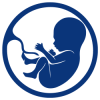
3,000+

20+

2X
Don’t just take our word for it!
Listen to what our patients have to say.
FAQ
What does a reproductive endocrinologist and infertility specialist do?
Reproductive endocrinology and Infertility is a sub-specialty of Obstetrics and Gynecology. In addition to managing medical and surgical treatment of disorders of the female reproductive tract, reproductive endocrinologist and infertility (REI) specialists undergo additional years of training to provide fertility treatments using assisted reproductive technology (ART) such as in vitro fertilization.
Reproductive endocrinologists receive board certification by the American Board of Obstetrics and Gynecology in both Obstetrics and Gynecology and Reproductive Endocrinology and Infertility.
When should I see an REI specialist?
In general, patients should consider consulting with an REI specialist after one year of trying unsuccessfully to achieve pregnancy. The chance of conceiving every month is around 20%, therefore after a full year of trying approximately 15% of couples will still not have achieved a pregnancy.
However, if a woman is over the age of 35 it would be reasonable to see a fertility specialist earlier, typically after 6 months of trying.
Other candidates to seek earlier treatment are women who have irregular menses, endometriosis, fibroids, polycystic ovary syndrome (PCOS), women who have had 2 or more miscarriages, or problems with the fallopian tubes (prior ectopic pregnancy).
What are the reasons we are having trouble conceiving?
Approximately 1/3 of the time cause for infertility is a female factor, 1/3 of the time a male factor, and the remaining 1/3 a couples’ factor.
At CCRH, we emphasize the importance of establishing a correct diagnosis. Both partners undergo a comprehensive evaluation including a medical history and physical exam.
Furthremore, the woman’s ovarian reserve is assessed with a pelvic ultrasound and a hormonal profile. A hysterosalpingogram (HSG) will confirm fallopian tube patency and the uterine cavity is free of intracavitary lesions. A semen analysis is also obtained to evaluate for concentration, motility, and morphology of the sperm.
Additional work up is then individualized to direct the best possible treatment option for each couple.
What is IVF? What is the process like?
In vitro fertilization (IVF) is the process that involves fertilization of an egg outside of a woman’s body.
The process starts with fertility drugs prescribed to help stimulate egg development. In your natural cycle, your body is only able to grow one dominant egg, but with stimulation medication we can recruit multiple eggs to continue to grow. After about 8-10 days of stimulation, the eggs are surgically retrieved and then fertilized with sperm in a specialized laboratory. Fertilized eggs are then cultured under a strictly controlled environment within specialized incubators in the IVF laboratory for 3-5 days while they develop as embryos. Finally, embryos (or an embryo) are transferred into the uterine cavity for implantation.
Should I have IVF?
Before deciding if IVF is the right choice, it’s important to sit down with an REI specialist to discuss available treatment options. For some people, other methods such as fertility drugs, intrauterine insemination (IUI) may be the best first choice treatment. At CCRH, we believe each individual couple is unique and not everyone needs IVF.
Is the IVF procedure painful?
While not painful, the fertility medications may some side effects including headaches, hot flashes, mood swings, and bloating. The injection sites may also bruise.
Will IVF guarantee a baby?
Unfortunately, no. Many people think once they start IVF it’s a matter of time that they will be pregnant and have a baby. But according to national statistics per the Society of Assisted Reproduction (SART), on average 40% of assisted reproduction cycles achieve live births in women under age 35. The chances of success then continue to decrease with advancing age.
At CCRH, we employ only evidence-based interventions to ensure patient safety and optimal outcome. While we cannot guarantee a baby, we guarantee that you will receive the best, most advanced, personalized care to help you maximize your chance of a baby.
What is the success rate for IVF?
The average IVF success rate (success measured in live birth rate) using one’s own eggs begins to drop around age 35 and then rapidly after age 40. This is due to the decline in egg quantity and egg quality as a woman ages.
Our clinic’s success rate consistently beats the national average year after year.
Do insurance plans cover infertility treatment? How much does IVF cost?
Individual insurance plans often do not have any coverage for infertility treatments. If you have a group plan, you can call members services to see if they have coverage for infertility (including consultation/workup and IVF).
After your consultation with our REI specialist, one of our dedicated account managers with sit with you to go over the cost of treatment.

